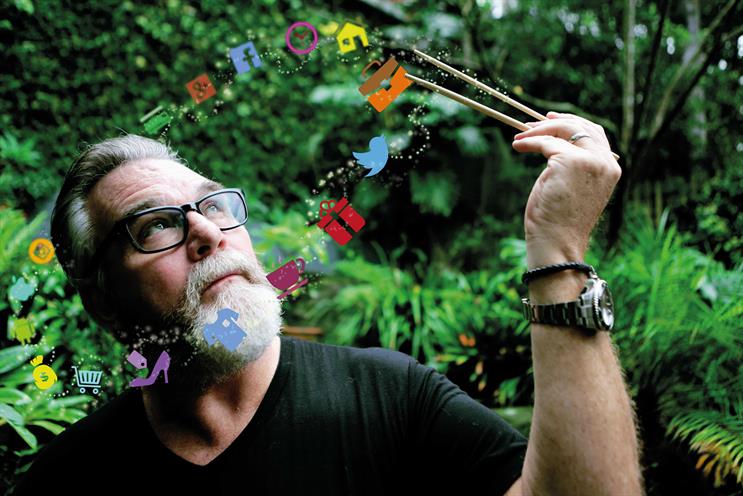
Write me an ad," he said. "Engage me, seduce me, sell me the goddamn thing.
"It’s what you do, isn’t it?"
Those words still sting, ringing in my ears as a junior getting started in an "Ads R Us"-type shop some 35 years ago.
I am sure he is probably long gone now. And I am sure he didn’t know just what an impact he had on me at that moment. He left me gasping for air at my desk while his Camel cigarette smoke hovered around me.
OK, so the ad was just for a charter-bus company specialising in group bookings for old-age pensioners, but I had to sell it.
Somehow, art history popped into my head at that moment, God knows why – probably a chemical reaction to the adrenaline coursing through my veins as I panicked. Anyway, it opened the door and creative ideas started flowing.
I thought about how painters and artists who were held in the highest esteem throughout history expressed stories that formed our opinions of events.
Every picture telling more than a story. Hidden within the colour of paint and gold leaves were secluded messages symbolic of a lie or a truth, all beautifully framed and contained in ornate, carved, oversized frames.
Somehow overstating the conviction of the message within the canvas. Then it hit me. Stories. That’s what we do. And, with that, I wrote a short narrative of a trip to the country from the point of view of a city dweller who had never before travelled to wide open spaces.
"What’s this crap?" he said. "I want an ad with a picture, a headline and a starburst for the price."
I left.
Years later, with many more stories under my belt, I still remind myself of that moment. Stories are so human and engaging and now, more than ever, so very relevant to the health and pharmaceutical industry.
Artists expressed stories that formed our opinions of events
To be creative in the most regulated and highly complex industry, we need the art of storytelling to transcend the complexities of regulations and reach out to the consumer – whether in the most sophisticated cities or in isolated third-world communities.
I’m always in awe of how stand-up comics have that wonderful ability to hold us, suspend us, with a story – until they are done with us, dropping us at the punchline to make their point.
That directors and film-makers can make us cry, laugh or haunt us with messages that engage and affect us long after we’ve seen their work, in ways we never expected.
We have a brilliant and unique opportunity to be the most influential storytellers ever. After all, we are in the true human-engagement profession with our clients and audience, who are inextricably linked. Not by a luxury product, gimmick, trend or ad-writing formula. But by life and reality.
By Jeremy Perrott, global chief creative officer, McCann Health

